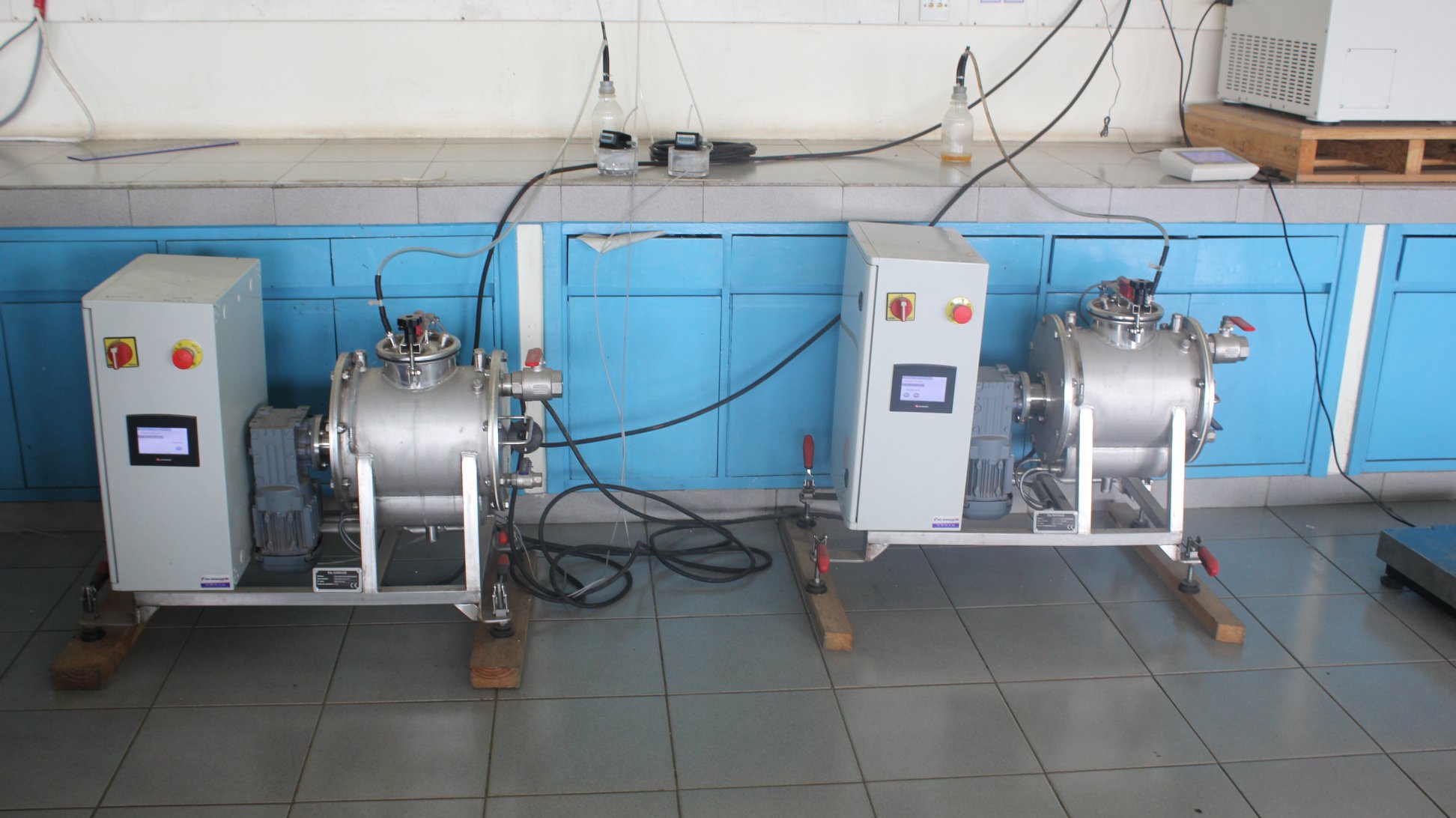Energy Resources and Energy Efficiency Research Center (EREE-RC)
ENERGY RESOURCES AND ENERGY EFFICIENCY RESEARCH CENTER (EREE-RC)
Power generation using fossil fuels is a major source of greenhouses gases that are associated with global warming. Utilization of renewable energy in industries can contribute to reduce carbon emissions and greenhouse gases that cause global warming and fight climate change and create resilient economies by providing reliable energy access. Kenya has made great achievements towards this transition as renewable energy sources (hydropower, geothermal, wind, solar and biogas cogeneration) form ninety percent of her energy mix. In addition, energy conservation and efficiency is a major target in reducing greenhouse gas emissions and increasing industrial competitiveness. However, a lot remains to be done at the household level as majority of the population is still dependent on polluting fuels and low efficiency energy sources such as firewood, charcoal and kerosene for cooking. Action is required to reduce wastage of biomass resources, reduce deforestation and reduce indoor air pollution. EREE-RC develops sustainable energy solutions and transfers findings to support accelerated uptake of renewable energy and energy efficiency in the country.

